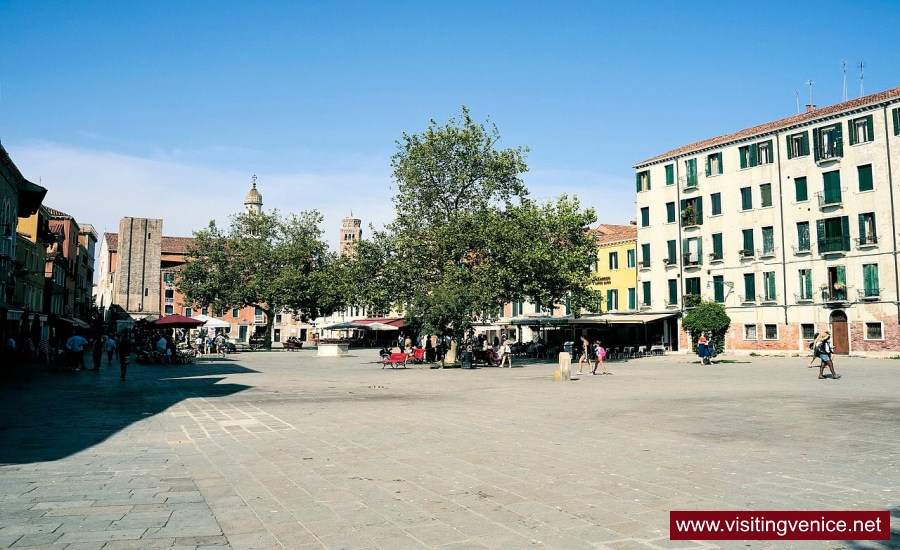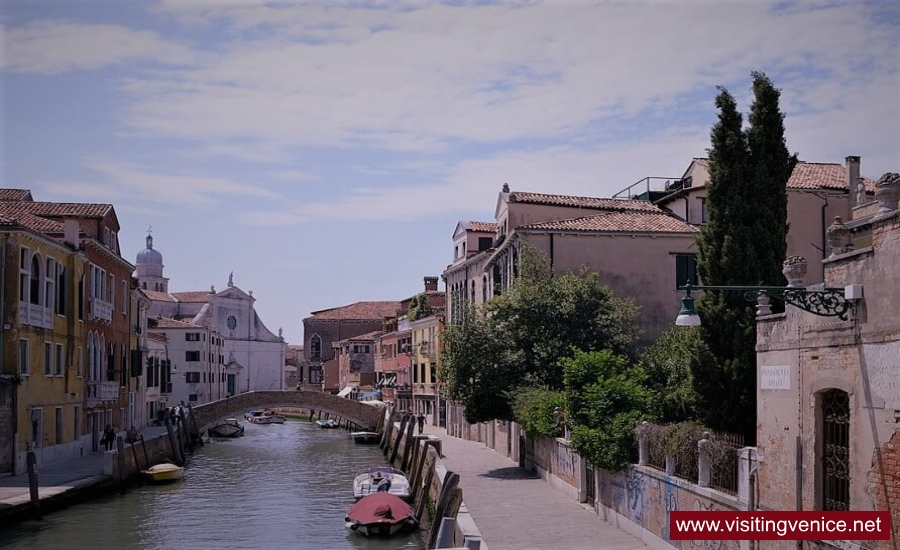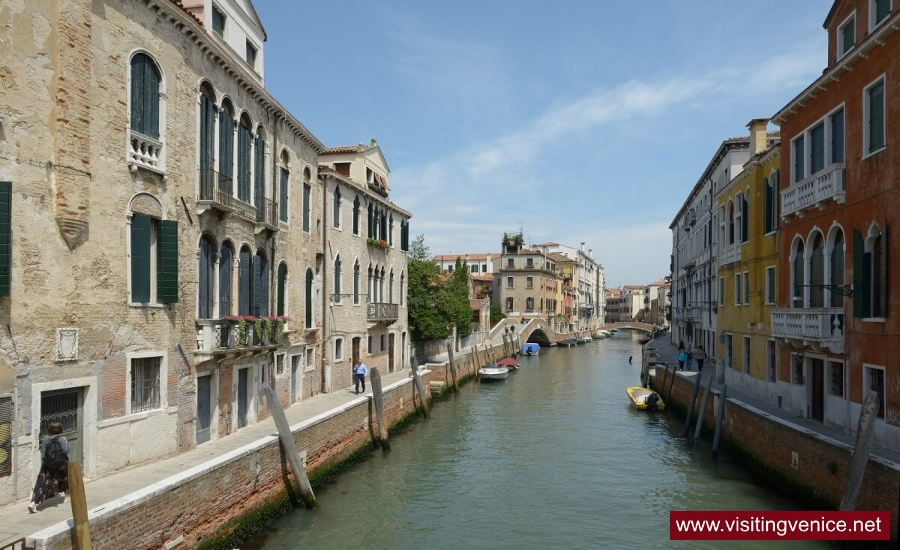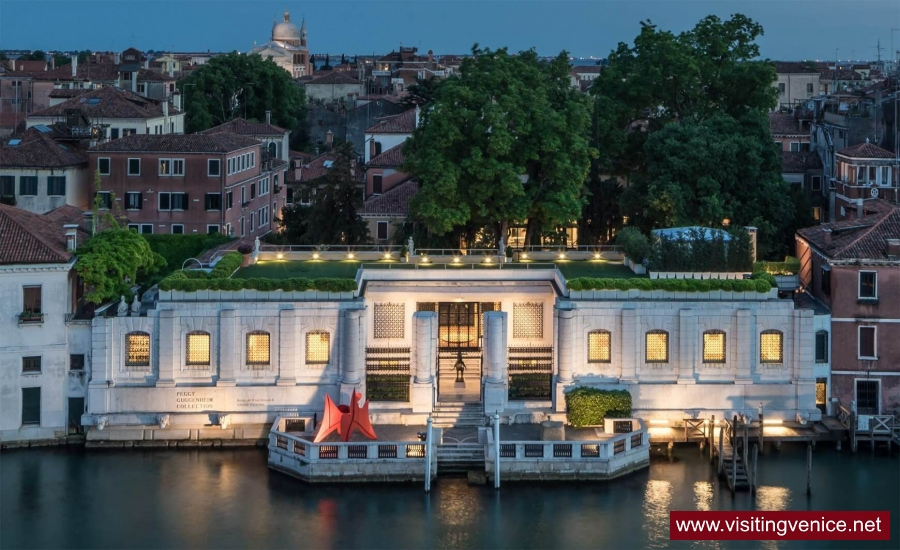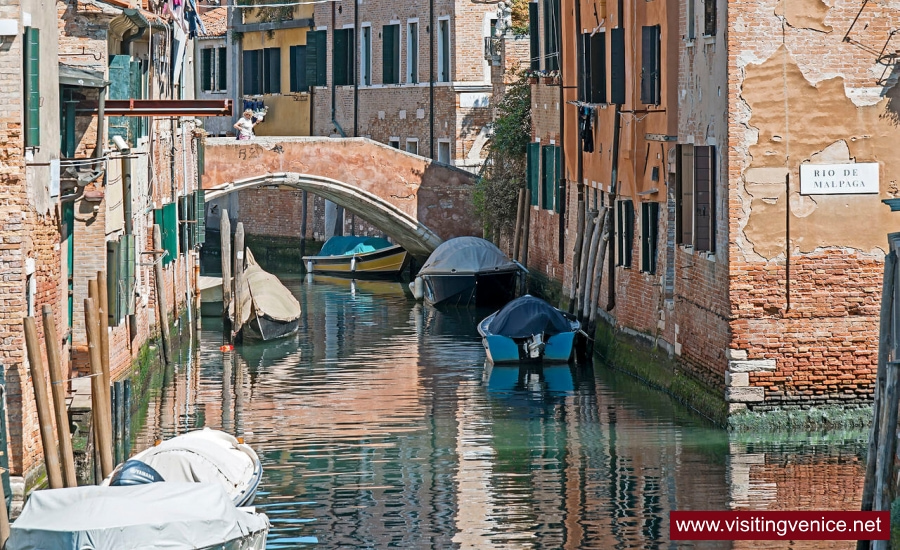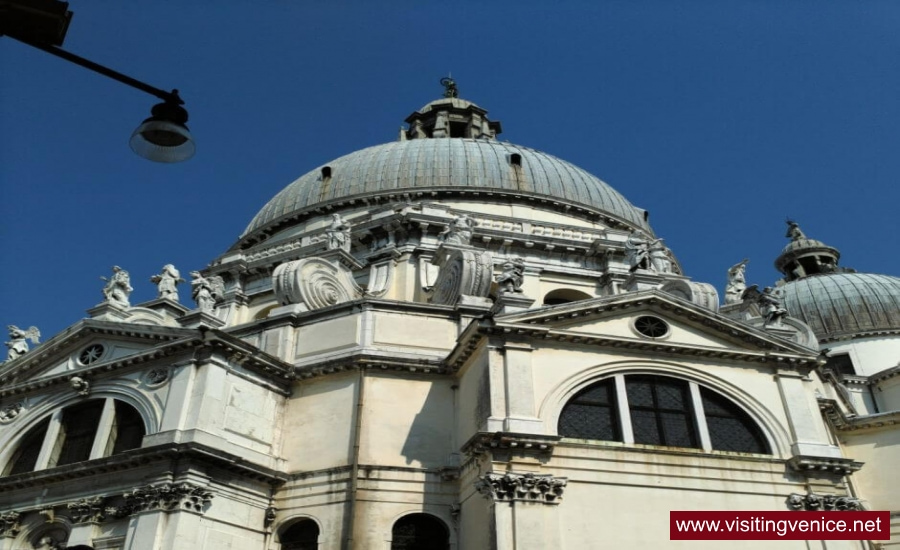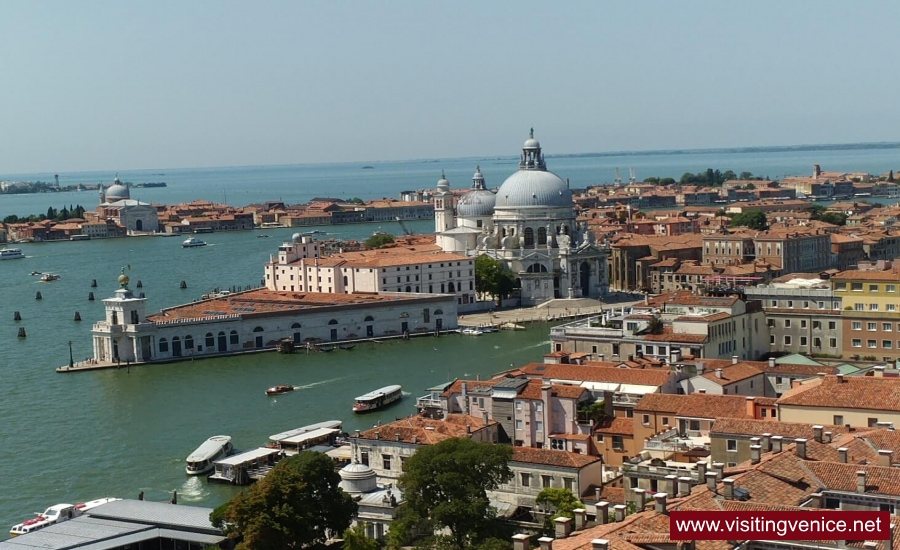Dorsoduro
Dorsoduro is one of the six districts located in Venice. Dorsoduro includes Giudecca Island as well as Isola Sacca Fisola. It has received its name from the Italian phrase which means hard ridge, as it has high and stable land. The centre of Dorsoduro was originally the Giudecca Canal as many buildings were created during the 16th century.
Buildings continued to be constructed along the Grand Canal during the 11th century, including many religious structures that are famous attractions today. During the 19th century the Academia was established in Dorsoduro and the bridge Ponte dell’Accademia connected the Dorsoduro area with the San Marco district. The Gallerie dell'Accademia hides a few of the greatest artistic treasures that were created during the 14th until the 18th centuries. The work of Bellini, Tiziano, Tintoretto, Veronese, Canaletto and other Italian maestros of the Renaissance are collected in the walls of the rooms.
After passing by the Academia, visitors will come across the Scuola Grande di Santa Maria della Carità where the galleries are housed, including the school, the church and the monastery which has been transformed into a modern temple of Venetian art. Masterpieces will take visitors back from the Byzantine to Baroque, while the carved ceiling of Sala dell’Albergo gives a great impression.
The area was not expensive and many foreign residents lived in the Dorsoduro district. The Giudecca area as well as the western part of Dorsoduro were industrialised during this period in time.
Main Sites in Dorsoduro |
Ca' Foscari |
Ca' Rezzonico |
Campo San Barnaba |
Campo Santa Margherita |
Le Zitelle |
Ospedale Giustinian |
Palazzo Ariani |
Palazzo Dario |
Palazzo Zenobio |
Punta della Dogana |
Churches in Dorsoduro |
Il Redentore — Andrea Palladio |
San Pantalon |
San Trovaso |
Santa Maria del Carmelo |
San Sebastiano |


